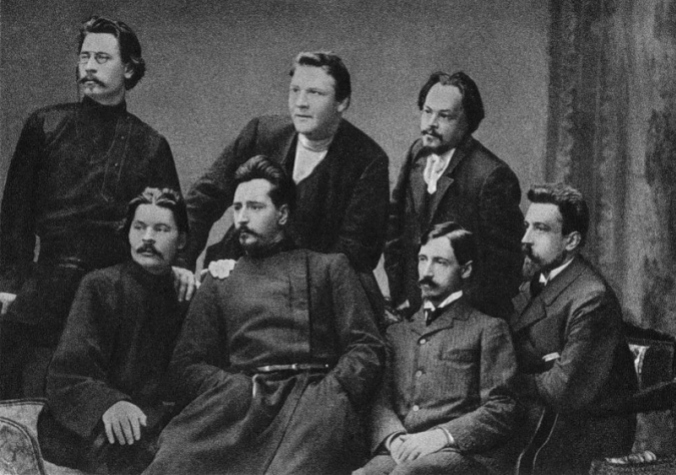
This is a good start.
Let’s get one thing out of the way: Very, very few people enjoy taking criticism. It’s not fun to spend hours of your time on a piece that you really like, only to have someone point out all the things they didn’t like. In fact, sometimes it can be downright discouraging.
But let’s not get discouraged. Because any writer will tell you that the first draft is always going to stink. Which means that the feedback you receive is invaluable to your writing process. Without it, you can’t improve.
Still, there are those out there who just can’t take criticism. If you want to be one of those wonderful folks, here are five great ways to excel at taking criticism poorly.
1. Treat Every Comment Like a Personal Attack
Whenever you get negative feedback, assume that it isn’t directed at your piece—it’s directed at you. When a reader says your character acts like a dick in that one scene, don’t be fooled. The reader thinks that you are the dick.
Make sure to act appropriately mad or hurt, matching the ostensible nastiness of the comment made. This informs your readers that you’re taking everything personally, and that from here on out, you’re going to continue to do so.
Some helpful retorts to try:
- “I don’t think you know what you’re talking about.”
- “Wow, tell me how you really feel.”
- “Well, I think I don’t buy you as a character.”
This is a great way to ensure that you’ll receive cautious, unhelpful comments from your group members.
2. Whenever Possible, Explain Why Everyone Else is Wrong
When receiving feedback, you’ll oftentimes find that your readers just don’t understand you. They can’t comprehend your wit, your subtlety, and your mastery of the craft. So when readers tell you they don’t understand what’s going on in chapter two, kindly explain that, “It’s not me. It’s you.”
Furthermore, make sure to pontificate on every subtlety of the work, just in case people aren’t getting it. Always be sure to explain, in excruciating detail, the symbolism behind each character’s name, your inspiration for the story, the ways in which you’ve outdone all the other writers in the genre, and so forth. People will love it.
3. Assume That No One Else Knows What They’re Talking About
First thing with this method: make sure to always have a notebook. No no, don’t write anything down. Think of it more as a prop.
Leave your notebook open. Keep your pen hovering just above the page, but don’t use it. This sends a clear message to your readers: nothing they say is relevant to you, so you won’t even write it down.
Unless they compliment that metaphor you had in the first paragraph. Go ahead, write that down. Compliments are totally useful. Everything else is nonsense.
This, in general, is a great rule to live by if you want to push people away. Everybody loves a know-it-all, right?
4. When Readers Offer Feedback, Just Talk Over Them
Monologues work fabulously with this method. Feel free to use the following as a template.
“What’s the point of criticism, anyway? To quote Ringo Starr, I’m the greatest. So of course I know that all the adverbs I’m using are completely necessary. And if I’m not using two to four adjectives per noun, then I’m sure you just won’t get the picture.
“What’s that? You think the flow of the sentences is disrupted by all the adverbs and adjectives?
“I’m sorry, have you ever read Shakespeare? Well I read Hamlet in high school, and let me tell you, that guy uses lots of adverbs and lots of adjectives. And he’s the Bard. So that means I’m right. And you’re wrong.
“Anything else?”
5. Allow Every Piece of Criticism Destroy Your Confidence in Your Work
You’ve worked for so long on this piece, and now that you know everything that’s wrong with it, you know the truth. It’s not even worth saving! On to the next one, right?
Don’t spend time trying to fix it. Sure, you could probably take the advice you’ve been given and make your piece better than it was, but why do that? This thing is more tragically flawed than Prince Hamlet.
So go ahead. Throw it out. Start over. Ask for criticism not because you want to make your piece better, but because you want affirmation that it’s already the best.
Congratulations on a bad job well done. It’s not easy taking criticism this badly, but together we can do it. Bonus tip: getting visibly angry always works when these other methods fail.
Kyle A. Massa is a speculative fiction author living somewhere in upstate New York with his fiancee and their two cats. His stories have appeared in numerous online magazines, including Allegory, Chantwood, and Dark Fire Fiction.






